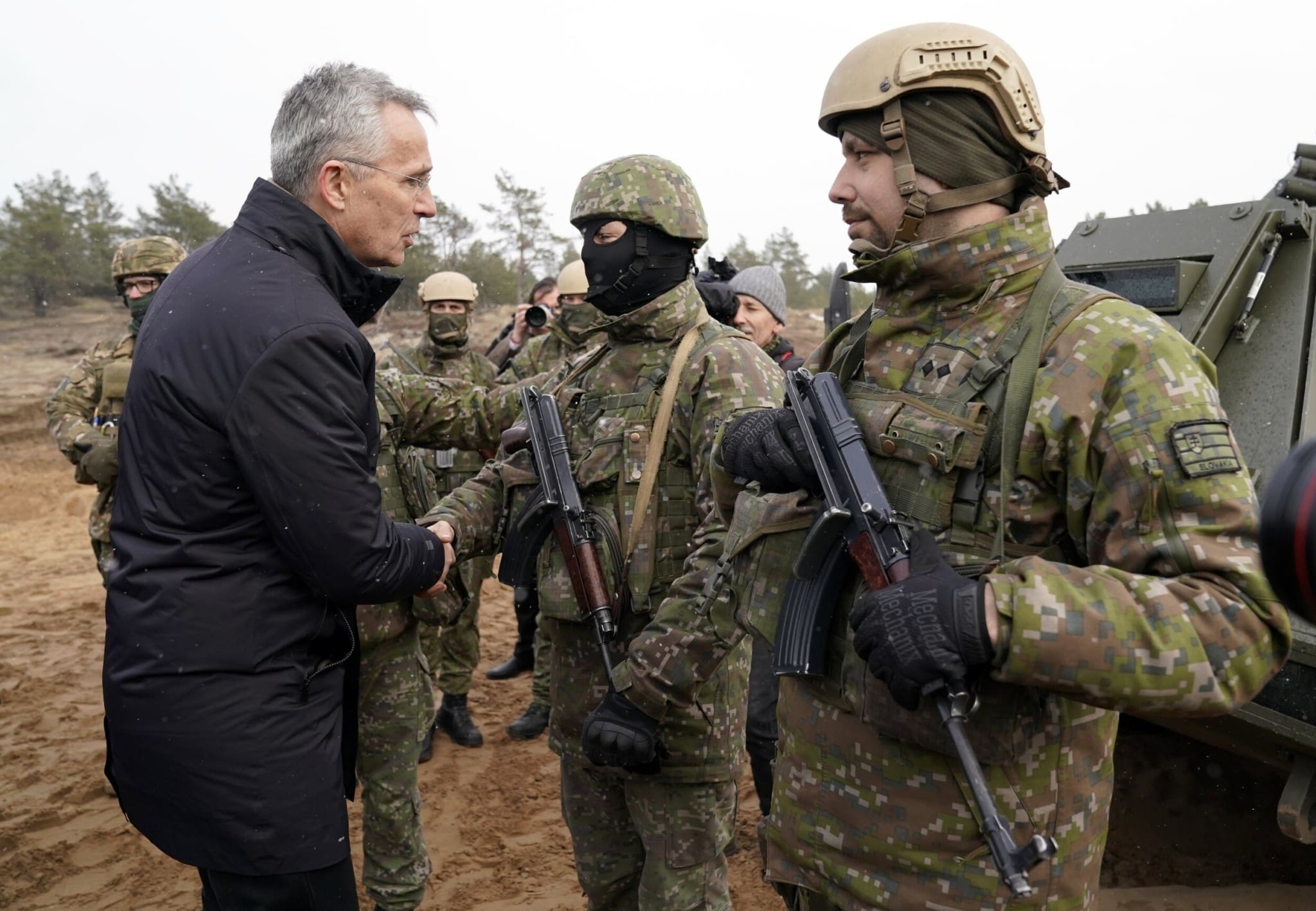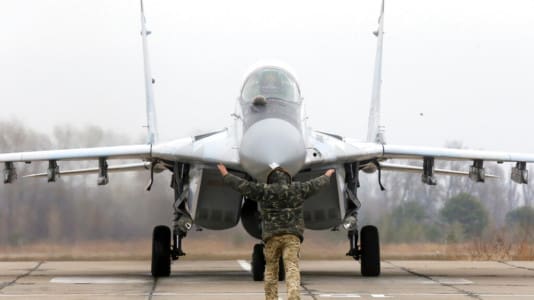The Czech government approved on Wednesday the transfer of approximately 650 troops in Slovakia, the majority of whom will operate under a multinational NATO unit commanded by the Czech army.
A small number of the deployed troops will aid Slovakia as it manages migratory flows from Ukraine.
The mandate will be valid until June 30, 2023, with a total defense cost estimated at 540 million korunas (€21.3 million). The mission has yet to be approved by Czech parliament.
Minister of Defense Jana Černochová submitted the proposal to the government, having previously stated that around 400 soldiers would leave for the alliance unit, and another 20 would help with migration. The rest of the mandate is intended as a reserve and to cater for rotation.
The Slovak government also approved the activities of Czech and other alliance soldiers on Wednesday. In a move that must still be approved by the country’s parliament, Slovakia will allow a maximum of 2,100 soldiers on its territory, of which 600 will be Czech.
On Monday, Slovak ministers approved the Czech assistance of 50 soldiers in refugee camps. The army has already sent troops to the location, however, until the mandate has received full parliamentary approval, they will be conducting training only.
The creation of a battle group in Slovakia is part of the North Atlantic Alliance‘s efforts to strengthen its Eastern flank following Russia’s attack on Ukraine. In addition to Czechia, Germany, the United States, the Netherlands, Poland, and Slovenia are all expected to provide troops, with similar units being considered in Hungary, Romania and Bulgaria.
“I believe that the parliament will approve the mandate as soon as possible,” Černochová stated. “In light of Putin’s unprecedented invasion of Ukraine, there is no time to procrastinate. We want to help our Slovak partners build a battle group that we can command as soon as possible,” she added.
The emerging unit will consist of approximately 1,500 soldiers with Czechia commanding them. It means that the mission must have a permanent Czech contingent of at least 400 soldiers, including a team of the military police and combat and logistical support unit.
Groups similar to the emerging units have previously been established in the Baltics and Poland, and the Czech army is also sending troops to Lithuania and Latvia. From April, Czech fighters will also guard the airspace of the Baltic republics.
At the same time, the Czech government has previously decided that the alliance can deploy 180 chemical specialists and 400 members of the 4th Rapid Deployment Brigade anywhere on its territory. Multinational battle groups within NATO’s advanced presence were already formed in response to the Russian invasion of the Ukrainian peninsula Crimea in 2014. They were stationed in Poland and the Baltic countries.






